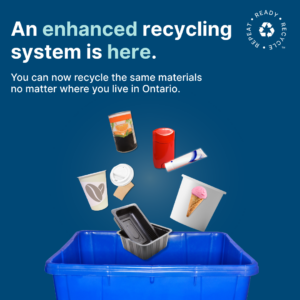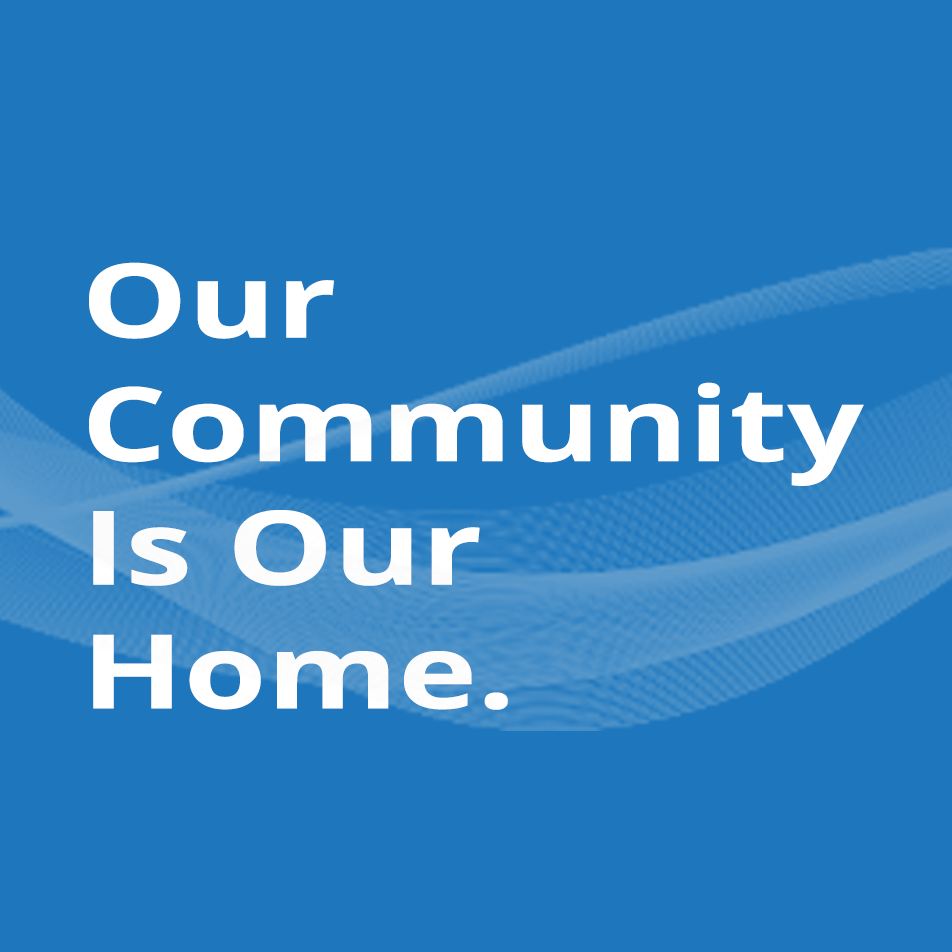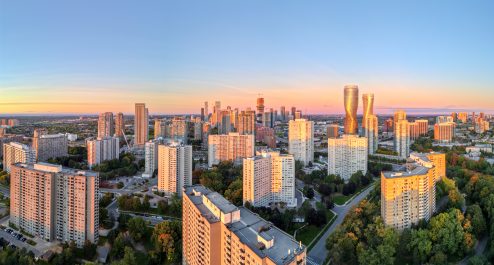Reference: Trans-Northern Pipelines Inc. West Line Reversal from Oakville Station to North Toronto Station Project – Project Information Package
Trans-Northern Pipelines Inc. (Trans-Northern) operates pipelines regulated by the Canada Energy Regulator (CER) to safely transport the refined petroleum products (gasoline, diesel, aviation, and heating fuel) used by Canadian businesses and consumers every day. These pipelines connect refineries in Nanticoke, Ont., and Montreal to Ottawa and the Greater Toronto Area (GTA), with lateral pipelines to Pearson International Airport and Pierre-Elliot Trudeau International Airport. We are committed to operating in a safe and environmentally responsible manner to protect the public, the environment, and the pipelines.
Trans-Northern is preparing an application to the CER to reverse the directional flow of its pipeline from its Oakville Station to its North Toronto Station (the Project).
This Information Package has been prepared to support engagement with potentially affected individuals and groups, including Indigenous communities, and to inform you about the planned CER application and proposed pipeline reversal work.
Project Overview
The section of NPS 10 (Nominal Pipe Size with a 10-inch interior diameter) pipeline between Oakville Station (between Burloak Drive and Bronte Road) and North Toronto Station (between The Pond Road and York University Busway) currently flows from east to west, from North Toronto Station to Oakville Station. The proposed line reversal will change the flow to run west to east, from Oakville Station to n Valve replacement will be conducted at the Credit River West facility (between Indian Gove and Mississauga Road) in Mississauga, Ontario, and at the Humber River West facility (near the intersection of Albion Road and Irwin Road) in Etobicoke, Ontario. All planned work will occur on previously disturbed industrial lands, within existing facilities or on Trans-Northern’s existing right-of-way. The work will follow safety, environmental, and regulatory requirements, and is expected to result in little to no land disturbance.
To safely reverse the flow, Trans-Northern will:
• Inspect the inside of the pipeline to check its condition. This work is done entirely inside the pipeline and does not disturb the ground above.
• At Oakville Station, within the existing footprint of the station, add a new pump, new valves, new control valve, and make changes to above-ground pipes.
• At North Toronto Station, within the existing footprint of the station, install a pipeline access point (pig receiver) and modify the connected above-ground piping and instruments so inspection and cleaning tools can be used in the pipeline.
• At both the Credit River West and Humber River West locations, replace existing check valves with shut-off valves (block valves) that allow for improved pipeline safety when the pipeline is shut down for maintenance or unexpected situations.
Based on the inspection results, pipeline maintenance work may be completed. If such repairs are needed, targeted maintenance digs may occur at specific locations and notifications of work will be made to impacted and potentially impacted parties.
A link to a map of the Project can be found in the attachments below.
Timing of CER Filing
The application is expected to be filed with the CER in June 2026.
Proposed Timing and Duration of Related Activities
Project activities are anticipated to take place between Q4 2027 and Q1 2028. We will keep potentially affected individuals or groups, including Indigenous communities, informed if there are any significant changes to the planned schedule.
Construction will commence following receipt of the CER, federal, provincial, and municipal approvals as required. Currently, approvals are expected to be received in 2027.
Notifications will be made to impacted and potentially impacted parties prior to the commencement of work.
The Environment
A project-specific Environmental Site Assessment (ESA) is planned for early 2026.
Site Reclamation
Trans-Northern will return any disturbed land to its previous state, as applicable. The project area will be left in a condition that meets landowner requirements and reflects commitments made to other stakeholders.
Corporate Engagement Policy
Trans-Northern is committed to collaborating with Indigenous communities, residents and businesses, regulators, and others in the areas where we operate. We believe that working together and sharing information helps support pipeline safety throughout the lifecycle of the pipeline.
As part of this commitment, Trans-Northern keeps communities informed about relevant health and safety, security, and environmental matters related to the pipeline. Trans-Northern keeps communities informed about relevant health and safety, security, and environmental matters related to the pipeline.
An engagement process is in place to gather input during planning for the West Line Reversal from Oakville Station to the North Toronto Station. This includes engagement with Indigenous communities, landowners, government agencies, and other interested parties.
Engagement with potentially affected individuals and communities is an important part of project planning and is expected by the CER. Feedback received will help inform the final project design and how the project is carried out.
Public and Indigenous engagement also supports the Environmental and Socio-Economic Assessment. Outcomes from the assessment will be used to better understand existing environmental and community conditions and to identify appropriate, site-specific protection or mitigation measures for the Project.
Indigenous Peoples
This Project Information Package is being communicated to Indigenous communities based on previous relationships, potential effects on known or asserted traditional territory, and direction received from the CER.
Public Safety
Trans-Northern is committed to operating in a safe and environmentally responsible manner to protect the public, the environment, and the pipelines. Trans-Northern is also committed to keeping Indigenous communities, the local community and all stakeholders informed of relevant safety issues regarding its pipelines, and any proposed changes to these pipelines.
Emergency Response
Trans-Northern has a detailed Emergency Response Plan in place to respond safely and efficiently in the unlikely event of an incident. The Emergency Response Plan is available to the public on its website (Emergency Response Planning – Trans-Northern Pipelines Inc.). In the event of an emergency, Trans-Northern’s emergency line is available 24 hours a day, seven days a week at 1-800-361-0608.
Conditions and Commitments
Following the filing of the Project with the CER, information including status of conditions and commitments will be updated and posted on the CER website as required. Trans-Northern will share this CER website link when available and will post updates on the Project page on the Trans-Northern website at https://tnpi.ca/west-line-reversal/.
Issue Resolution
Trans-Northern is committed to working with impacted and potentially affected persons and communities to resolve issues and concerns in a proactive manner. If Trans-Northern is unable to resolve a disagreement between parties, it may advise the CER and initiate the Alternate Dispute Resolution Process. Trans-Northern understands and respects that this process can be initiated by anyone involved in a dispute with Trans-Northern over a CER-regulated pipeline. More information is available at: https://www.cer-rec.gc.ca/en/consultation-engagement/land-matters-guide/index.html
How to Participate
Keeping those potentially affected by the Project informed is an important aspect of all our major projects. Information regarding this Project will continue to be posted on the Trans-Northern website at https://tnpi.ca/west-line-reversal/ and communicated to potentially affected people and groups.
For more information, or if you have questions or concerns about this Project, please contact any of the following:
The Trans-Northern representative who sent you this communication;
OR
Lee Nanos
Team Lead – Regulatory, Trans-Northern Pipelines Inc.
Tel.: 289-548-5421
lnanos@tnpi.ca
Your questions or concerns can also be provided directly to the CER at:
Canada Energy Regulator
Suite 210, 517 Tenth Avenue SW
Calgary, Alberta
T2R 0A8
https://www.cer-rec.gc.ca/cntcts/index-eng.html
Toll free: 1-800-899-1265
Toll free fax: 1-877-288-8803
The application will be available for viewing on the CER website once it has been filed. Trans-Northern will advise all potentially affected by the Project of the actual filing date.
We appreciate your time and the opportunity to share information about this work. We welcome questions or feedback and encourage you to reach out.
Yours truly,
Trans-Northern Pipelines Inc.
Lisa Dornan
Team Lead, Communications
Attachments:
1. Project Site Map
o Project Overview Map
2. TNPI Brochure included:
o Trans-Northern Pipelines – Part of Your Community
3. CER Brochures included:
o The CER, Energy Projects and You
o The CER, Energy Projects, and Indigenous Peoples
o Living and Working Near Pipelines
o Fact Sheet: Full Lifecycle Pipeline Oversight









